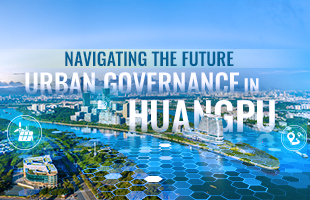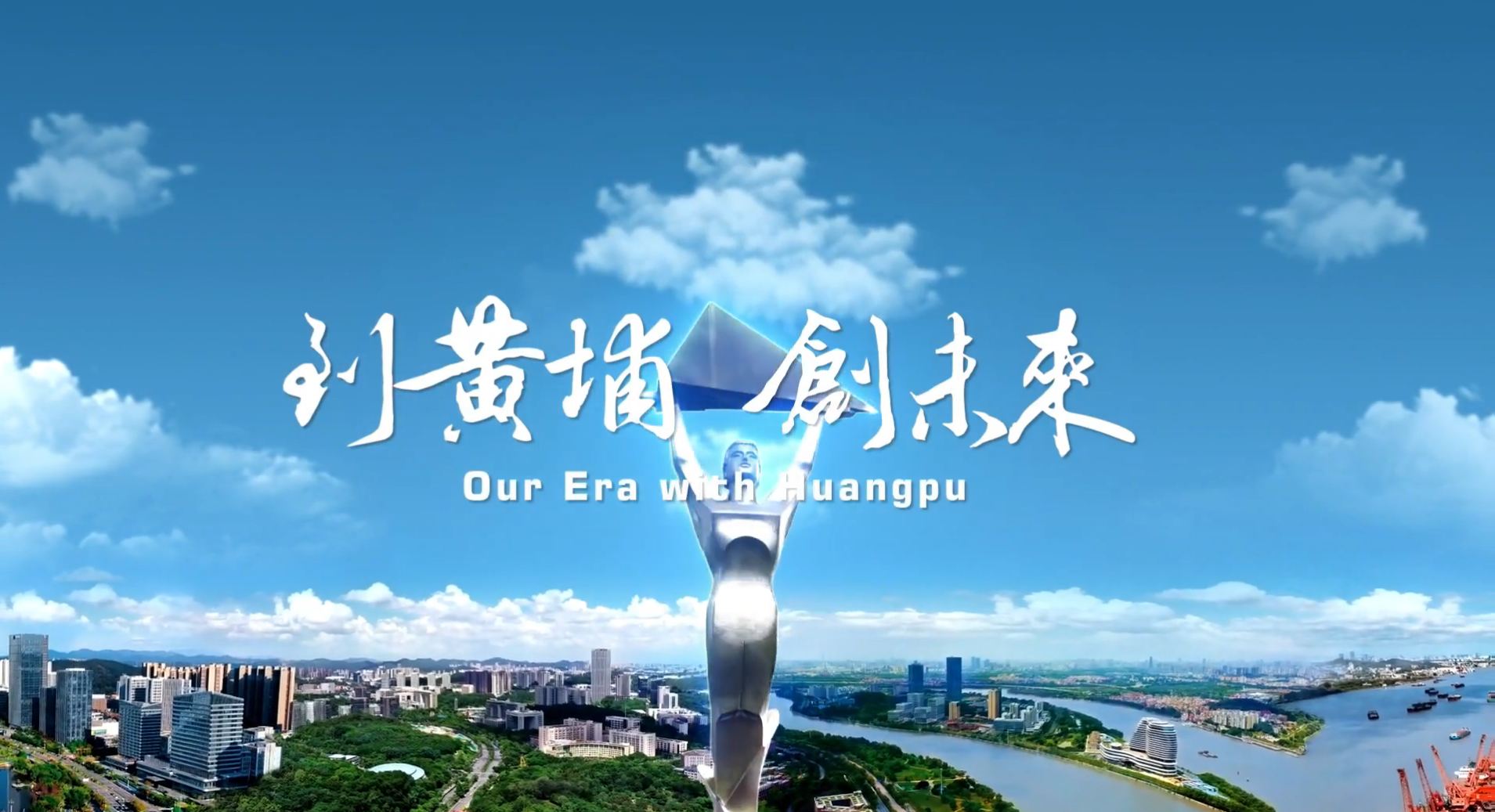Yangcheng Evening News:Knowledge-based industries boom in Guangzhou
Updated : 2019-06-11
Sino-Singapore Guangzhou Knowledge City, a cluster of knowledge-based industries located in Guangzhou, has a total of 1,524 registered enterprises and current investment of 133.4 billion yuan ($19.29 billion).
It is expected that within two years many of these projects will go into operation upon completion and reach production output of more than 210 billion yuan, according to remarks made by Xian Yinsong, executive deputy chief of Huangpu district at a recent conference in Guangzhou.
Vaccines and chips are two rising industries in the knowledge city and are signs of a breakthrough in knowledge-based industries.
“Guangzhou has strong skills in clinical medicine, Hong Kong has an advantage in etiology, while Macao is good at applying Chinese medicine against respiratory diseases,” said Zhong Nanshan, director of the National Clinical Research Center for Respiratory Disease, when speaking about the advantages of biomedicine in the three regions.
Last October, construction of a vaccine industry base in the Guangdong-Hong Kong-Macao Greater Bay Area (GBA) started in the knowledge city with an initial investment of 400 million yuan.
Guangzhou GIR Medicine Company Limited launched the project together with a number of technology and investment entities across the three areas. The base’s research center is in Guangzhou and Hong Kong.
Guangzhou's first 12-inch chip production line is to start trial production in June this year. Owned by Guangzhou CanSemi Technology Inc, it was established in the knowledge city in 2018.
In March this year, CanSemi launched campus recruitment that attracted large numbers of college graduates from the GBA. It is especially a great opportunity for graduates of chip related majors as it used to be hard to be employed in the area due to the lack of local chip businesses.
“Sixty percent of chips in the world are consumed in China, and the manufacturing industry such as auto and home appliances can’t do without chips,” said Li Haiming, the vice-president of CanSemi.
The manufacturing industry in the Guangzhou-Shenzhen-Hong Kong-Macao science and technology innovation corridor had a huge demand for chips. In the past, it was one that could only be met by imports. The chips made domestically by CanSemi will hopefully replace the imports to meet the huge demand in the GBA.
The knowledge city focuses on knowledge-intensive industries including technology services, biotechnology, new energy, energy conservation and environment protection, financial service and advanced manufacturing, according to the Sino-Singapore Guangzhou Knowledge City Regulations.
Knowledge-based projects with strong innovation, great market potential and high added value, and which are green and environment friendly, are a priority for the knowledge city according to the regulations, and through industry promotion, talent recruitment, technological innovation and scientific achievements transformation as well as intellectual property protection, knowledge-intensive industries keep growing in the area.
“Besides following previous plans, there are also improvements.” The person in charge of the planning and natural resources bureau of the knowledge city said on June 3 that a new generation information technology innovation park, digital and marine economy innovation park, international biomedical innovation park, new energy new materials and smart chips park, science and technology innovation incubator of GBA and high-end equipment manufacturing park are included in its industrial planning.
A cooperation upgrading agreement in the knowledge city was signed by the Chinese and Singapore governments on Nov 12 last year, and the development plan for the Guangdong-Hong Kong-Macao Greater Bay Area was issued on February 18 this year. Now the knowledge city has become a national-level project of bilateral cooperation between China and Singapore at the GBA.
The overall development plan of Sino-Singapore Guangzhou Knowledge City (2019-2035) was passed by the GBA leading group of the provincial government in April, and has been reported to the national office of the GBA, said Xian Yinsong.
Convenient transportation is necessary for superior resource aggregation in the GBA and for the development outcomes to serve the area immediately. However, it is currently more than a 40 minutes’ drive from Guangzhou city center to the knowledge city.
Xian introduced that an “eight-five-seven” traffic network was in construction. That is, eight rail traffic lines, five highways and seven city expressways. The knowledge city is also trying its best for a high-speed rail station to appear to form an hour traffic circle between cities in the GBA.
An international competition of regional planning and design along the Kowloon Lake area in Huangpu district has been launched. A layout of a world-class international conference center, a library, a museum and other cultural facilities, a hospital, and a school and kindergarten is planned in the district to attract human resources to start business in the knowledge city.
- Investment and Entrepreneurship
- Investment Advantages
- Investment Guide
- Policies
- Key Projects
- Major Industries
- Industrial Parks
- Investment Opportunities
- Technological Innovation
- IPR
- Enterprises
- Talents
All rights reserved. Presented by China Daily
粤ICP备16087157号-1










